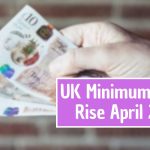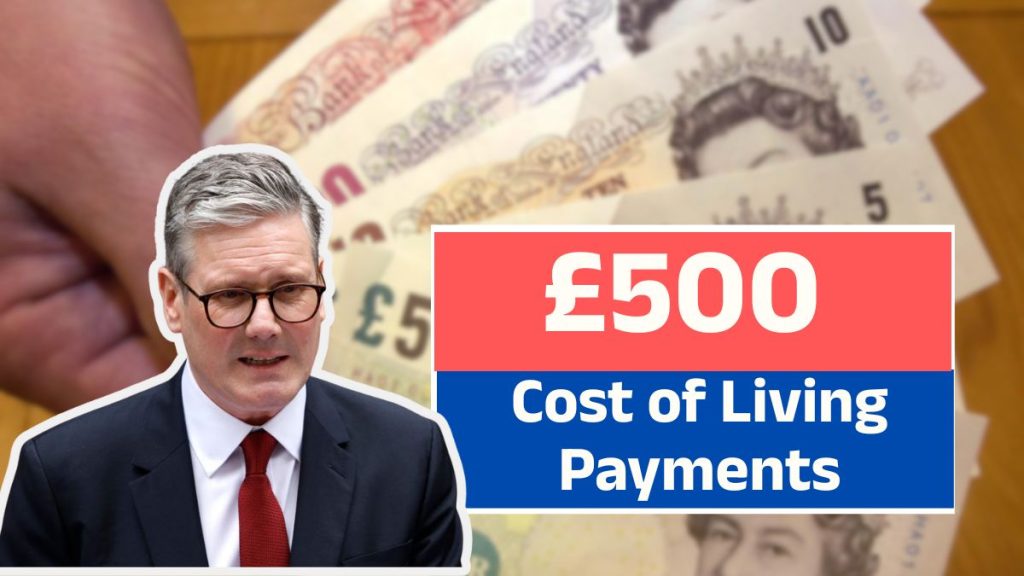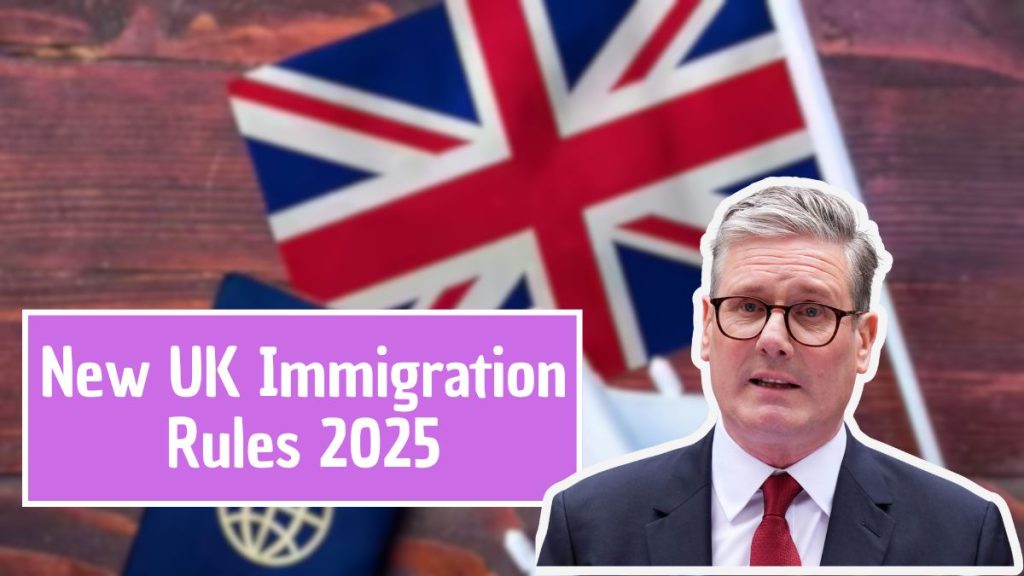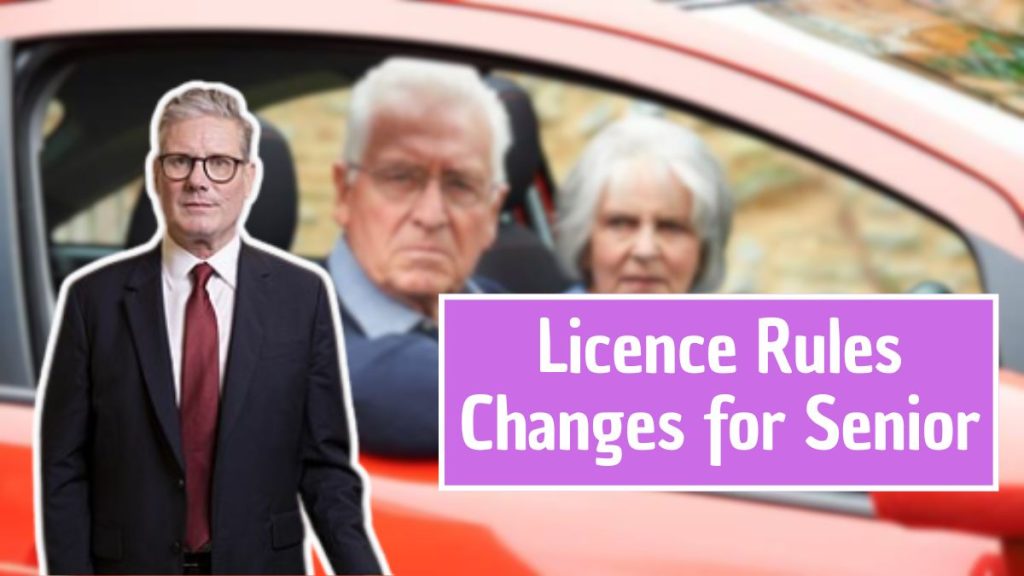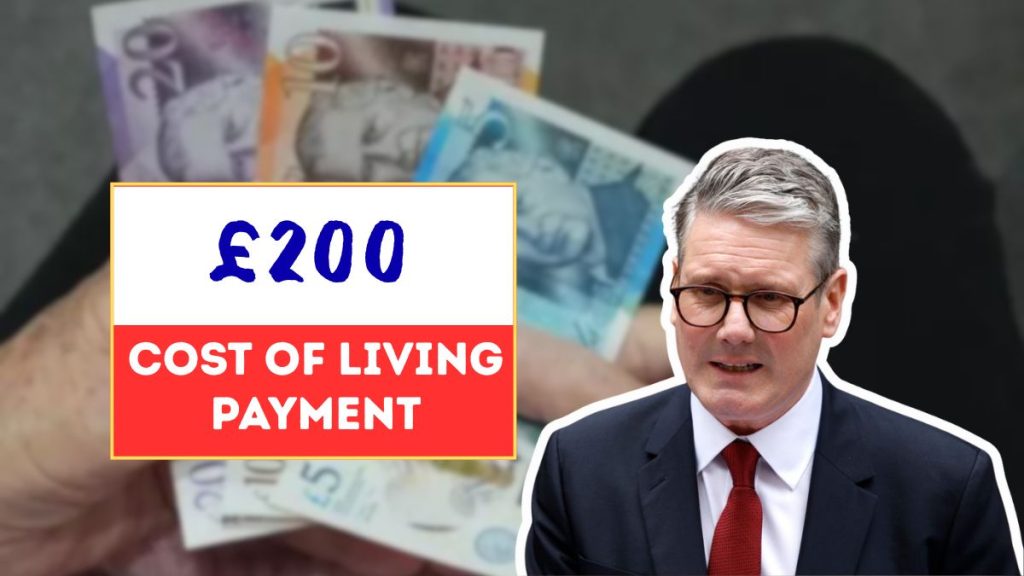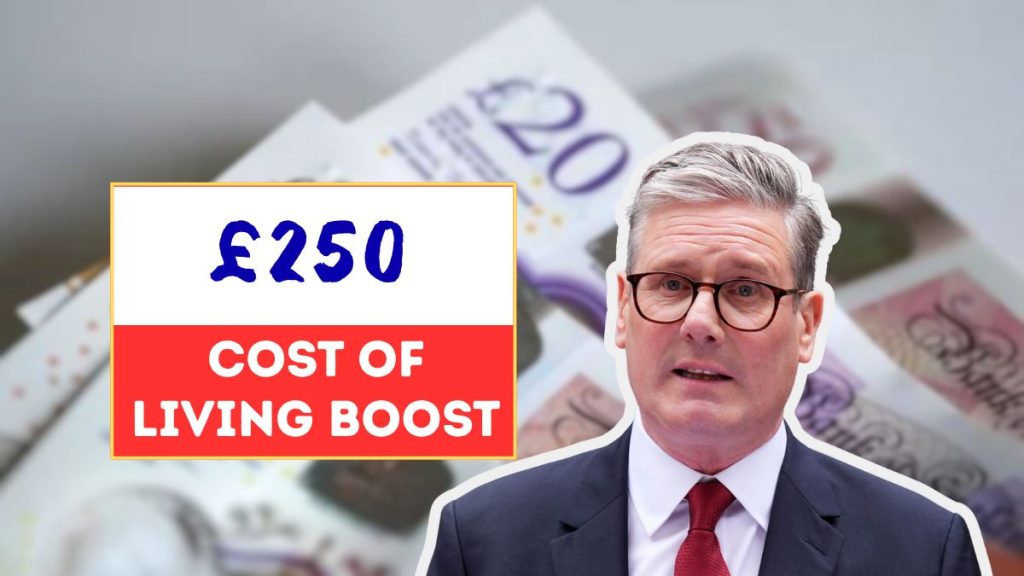The UK Government has confirmed a £725 cost-of-living boost for 2025, aimed at providing extra support to those receiving Universal Credit and other qualifying benefits. This one-off payment is designed to help households cope with rising living costs, including high energy bills, food prices, and housing expenses.
The Department for Work and Pensions (DWP) stated that the initiative forms part of a wider support package targeting low-income families and vulnerable individuals. For many claimants, the payment will provide a much-needed cushion against ongoing inflation, helping cover everyday essentials, clear debts, or build emergency savings.
Why the £725 Payment Matters (Context of Rising Living Costs)
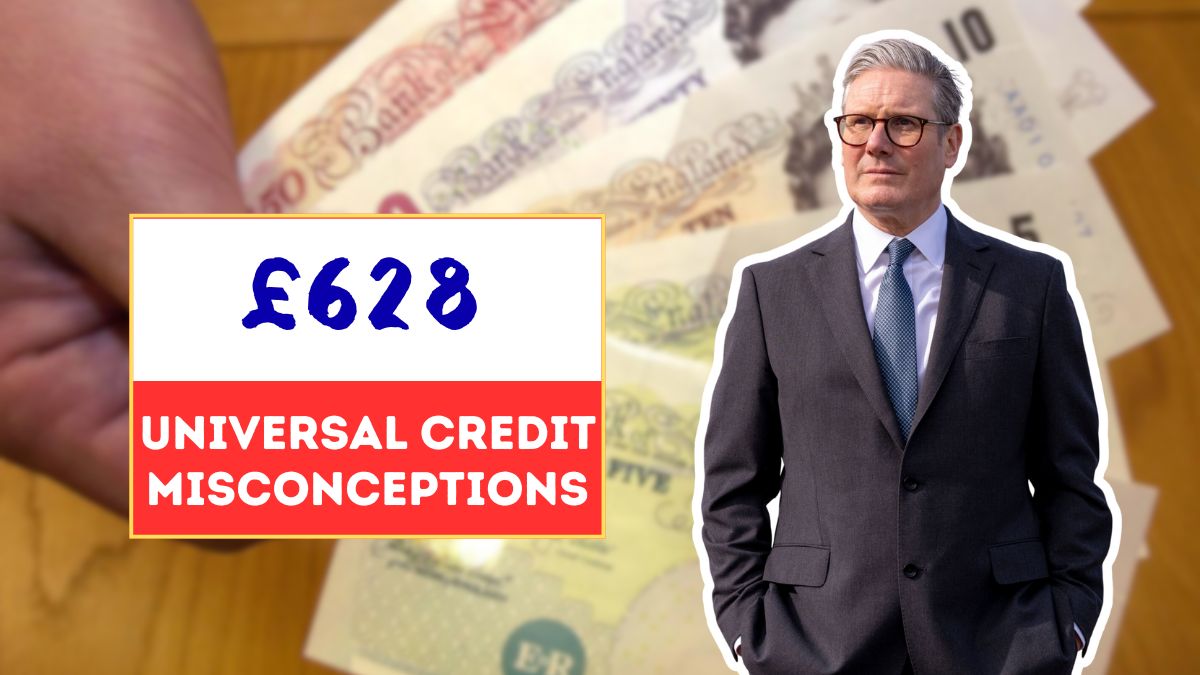
The last few years have seen continuous pressure on UK households due to global inflation and rising utility costs. Although inflation rates have begun to stabilise, essential goods remain more expensive than before the pandemic.
For many families dependent on Universal Credit, even small increases in daily costs can have a major impact. The £725 boost comes as a targeted relief measure — offering reassurance and tangible help during a time when disposable income is shrinking for millions.
Who Is Eligible for the £725 Universal Credit Uplift (Eligibility Criteria 2025)
Eligibility for the payment is primarily based on existing benefit entitlements. The DWP has confirmed that you’ll automatically qualify if you receive any of the following:
- Universal Credit
- Income-Based Jobseeker’s Allowance (JSA)
- Income Support
- Income-Related Employment and Support Allowance (ESA)
- Certain disability-related benefits, such as PIP or DLA
The support is designed to reach low-income households, carers, single parents, and individuals with long-term health conditions.
If you meet the official income and savings thresholds, you will likely receive the £725 automatically — no separate application is required.
Those unsure of their eligibility should log into their Universal Credit online account or contact their local Jobcentre Plus for confirmation.
When and How the £725 Payment Will Be Made (Timeline Explained)
The DWP has confirmed that the £725 boost will be issued as a lump-sum payment, separate from the regular monthly Universal Credit award.
This means:
- The payment will not be merged with your normal Universal Credit payment.
- You will see it appear as a separate transaction in your bank account.
- Most payments are expected in early 2025, although the exact date may vary depending on your benefit cycle.
The funds will be sent directly to the same bank account used for your Universal Credit payments. Unless your bank details have changed recently, you won’t need to do anything to receive the money.
Will the £725 Affect Other Benefits? (Important Clarification)
A common question among claimants is whether the £725 uplift will reduce existing Universal Credit or other benefit entitlements.
The DWP has confirmed that this payment will not affect your usual benefit amount. It is entirely tax-free and separate, meaning your housing support, childcare payments, and work allowances remain untouched.
However, claimants must still report any major changes in circumstances — such as new employment or increased household income — as those may influence future benefit calculations.
How the Payment Helps Struggling Households (Financial Relief for Essentials)
With food, energy, and rent prices still at record highs, the £725 payment can provide much-needed relief for families across the UK.
Financial experts recommend using the money strategically — for example:
- Paying off overdue utility bills or rent.
- Buying essential household goods like groceries or warm clothing.
- Reducing short-term debts with high interest rates.
- Saving a small portion for emergencies or upcoming expenses.
Used wisely, the payment can offer more than short-term relief — it can help build financial resilience for months ahead.
Relation to Other Cost-of-Living Support Schemes (Multiple Payments Possible)
The £725 Universal Credit boost is part of a broader cost-of-living support package announced by the government for 2025.
Other key programs include:
- Winter Fuel Payments for pensioners.
- Disability Cost-of-Living Payments for those on PIP, DLA, or similar benefits.
- Local council grants and energy rebate schemes for low-income households.
Importantly, these supports are independent, meaning eligible individuals can receive more than one payment. For example, someone on Universal Credit and Pension Credit could receive both the £725 boost and other targeted benefits.
Support for Pensioners and Disabled Residents (Additional Help Available)
Although the £725 payment mainly targets working-age Universal Credit recipients, the government has also expanded related support for pensioners and disabled claimants.
- Pensioners on Pension Credit will continue to receive parallel cost-of-living payments.
- People with disabilities who claim PIP, DLA, or Attendance Allowance may qualify for extra assistance.
These measures ensure that no vulnerable group is left behind during the cost-of-living crisis.
Preparing for the Payment (Bank and Account Checks)
To ensure you receive your £725 payment smoothly, take a few simple steps in advance:
- Log in to your Universal Credit account to confirm your bank details are accurate.
- If you’ve recently changed banks, update your information as soon as possible.
- Watch out for scams — the DWP will never ask for your bank details by text, phone, or email. Legitimate updates will only appear in your official online account or through verified correspondence.
Staying cautious will help you avoid fraud and ensure your payment arrives safely.
Impact of Work and Income Changes (How Your Circumstances Affect Eligibility)
If you’re working part-time or your income recently increased, your eligibility depends on your status during the qualifying period.
This means if you were receiving Universal Credit during that period, you’ll still receive the £725 — even if your income rises afterward.
However, any future changes in employment or household income must be reported promptly, as they could influence next year’s benefit calculations or future support schemes.
How to Make the Most of the £725 (Smart Money Tips)
Financial experts recommend a three-step plan to ensure the payment delivers maximum long-term value:
- Cover Essential Bills First
Pay overdue rent, utilities, or food costs before anything else. Stability in these areas prevents larger debts later. - Build a Safety Buffer
Even small savings — such as £100–£200 — can act as an emergency fund, helping you avoid payday loans or credit card debt. - Pay Off High-Interest Debt
Clearing expensive debts early can free up money for future needs and reduce financial stress.
By using the £725 strategically, families can turn a one-time payment into a lasting benefit.
How This Payment Fits Into the Bigger Picture (Government Support Strategy)
The £725 uplift isn’t a permanent benefit — it’s a one-off payment aligned with government efforts to stabilise household finances amid inflation.
Future support measures will depend on:
- The economic outlook in mid-2025.
- Inflation trends and wage growth.
- Budget priorities set by HM Treasury and the DWP.
Staying informed through official government channels will be crucial for understanding upcoming policies and applying for any additional schemes.
Long-Term Financial Planning (Thinking Beyond 2025)
While short-term payments like this help ease pressure, households should also focus on longer-term stability.
Experts suggest exploring:
- Budgeting apps to manage monthly spending.
- Debt advice services offered by charities such as StepChange or Citizens Advice.
- Energy efficiency upgrades that reduce future bills.
Combining financial discipline with available government support ensures a stronger financial position moving forward.
Key Takeaways (Summary for Universal Credit Claimants)
- The £725 cost-of-living boost is confirmed for early 2025.
- It’s tax-free, automatic, and separate from regular benefits.
- No application is needed if you already receive Universal Credit or qualifying benefits.
- The payment will not affect other entitlements like housing or childcare support.
- Use the funds wisely — cover essentials, pay off debts, and save where possible.
This one-time uplift may be temporary, but when managed well, it can help families regain financial stability and confidence.
(5) Frequently Asked Questions (FAQs)
Q1. What is the £725 Universal Credit boost for 2025?
It’s a one-off cost-of-living payment from the DWP to help Universal Credit and other benefit claimants manage rising living costs in 2025.
Q2. Who is eligible for the payment?
Anyone receiving Universal Credit, Income Support, income-based JSA, ESA, or certain disability benefits during the qualifying period will automatically qualify.
Q3. Do I need to apply for the £725 payment?
No. Eligible residents will receive it automatically in their bank account used for Universal Credit.
Q4. When will the payment be made?
Most payments are expected to be made in early 2025, though dates may vary depending on your benefit cycle.
Q5. Will the £725 payment affect my other benefits?
No. It’s tax-free and will not affect ongoing Universal Credit, housing, or childcare payments.












